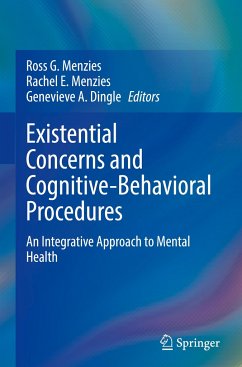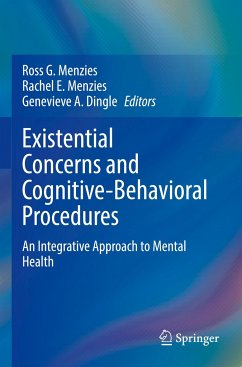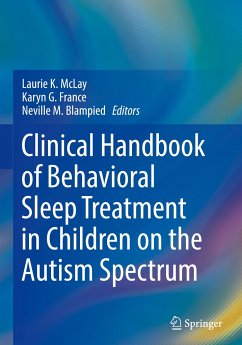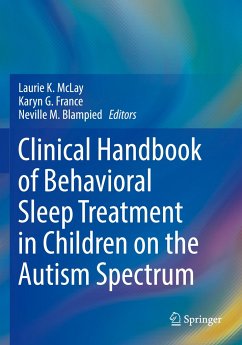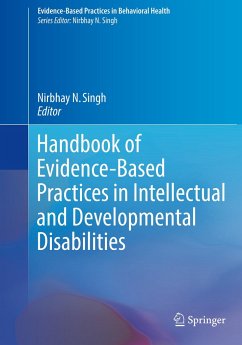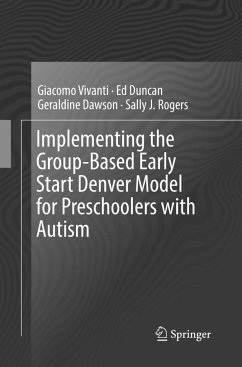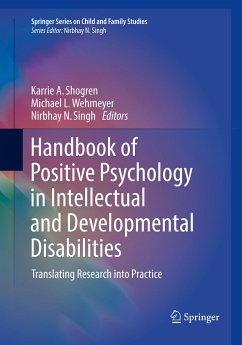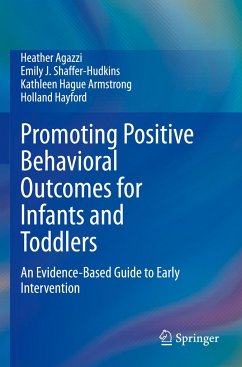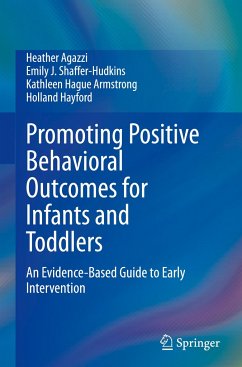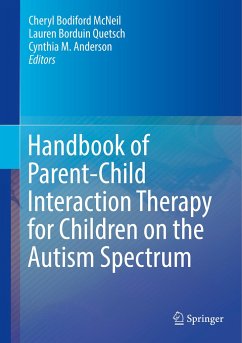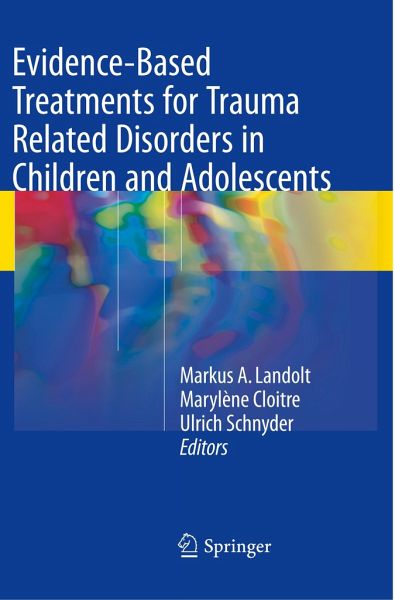
Evidence-Based Treatments for Trauma Related Disorders in Children and Adolescents
Versandkostenfrei!
Versandfertig in 6-10 Tagen
91,99 €
inkl. MwSt.

PAYBACK Punkte
46 °P sammeln!
This handbook presents the current evidence-based psychological treatments for trauma related disorders in childhood and adolescence and in addition provides clearly structured, up-to-date information on the basic principles of traumatic stress research and practice in that age group, covering epidemiology, developmental issues, pathogenetic models, diagnostics, and assessment. Each of the chapters on treatment, which form the core of the book, begins with a summary of the theoretical underpinnings of the approach, followed by a case presentation illustrating the treatment protocol session by ...
This handbook presents the current evidence-based psychological treatments for trauma related disorders in childhood and adolescence and in addition provides clearly structured, up-to-date information on the basic principles of traumatic stress research and practice in that age group, covering epidemiology, developmental issues, pathogenetic models, diagnostics, and assessment. Each of the chapters on treatment, which form the core of the book, begins with a summary of the theoretical underpinnings of the approach, followed by a case presentation illustrating the treatment protocol session by session, an analysis of special challenges typically encountered in implementing this treatment, and an overview of the current evidence base for the treatment approach. A special section considers modern treatments in particular settings, such as schools, hospitals, and juvenile justice systems, and the concluding chapters provide an integrative discussion on how to treat traumatized childrenand adolescents and an outlook. The book will be invaluable for clinical child and adolescent psychologists, child and adolescent psychiatrists, psychotherapists, and other mental health professionals working with traumatized children and adolescents.



